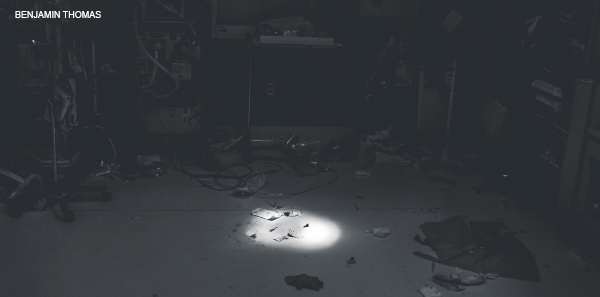
My time as an emergency medicine resident will be coming to an end in less than six months. I have mixed feelings about this upcoming transition. Don’t get me wrong—I cannot wait to apply what I’ve learned in residency and work on my own. Yet, with that said, I do have trepidation in leaving a place that has been so familiar to me. Some call it the “knife-and-gun club.” Some call it county.
Explore This Issue
ACEP Now: Vol 37 – No 02 – February 2018For the last four years, I’ve simply called it home.
Working at a county hospital has taught me much more beyond clinical medicine. It has opened my eyes to the imperfections of our society, the beauty of human perseverance, and, most important, to the bigger picture of how we should treat each other as human beings.
Some say that emergency physicians should not be taking on the role of social workers. At the beginning of my training, I would have agreed. I soon realized that my way of thinking was absolutely naive to the conditions that my patients face. It‘s hard to follow doctor’s orders when you don‘t have reliable transportation, when you don’t know when your next meal will be, or even when you don’t have a safe place to sleep at night. It’s easy to ignore the problem or punt these issues to a social worker, but in my experience, this often leads to increased cost, bounce backs, and worse outcomes.
I have the privilege of learning about the joys and struggles that patients face in their lives when they seek care. It’s in those intimate interactions where I have come to appreciate and respect what patients have to overcome on a daily basis, in addition to whatever their chief complaint is for that day in the emergency department. With that said, I often receive the question, “What’s the craziest thing you have seen?” I would often tell a funny or shocking anecdote of a recent case that I had seen in the emergency department. Nowadays, when I receive that question, I speak about the awe I have for a community that has remained resilient despite the social, economic, and geopolitical impediments that may restrict access to health care.
My time in residency has by no means been glamorous. There were many times that I felt disheartened by the dysfunction of our health care system. Sometimes I questioned whether I had the fortitude to do this work. Despite it all, the dysfunction, chaos, and toil of it all have pushed me to be a better doctor and person. As I transition to the next phase of my career, all I can say is thank you to the place that I‘ve called home. Thank you for helping me preserve the ideals that initially drew me to medicine. I won’t forget what you have done for me.
Pages: 1 2 | Single Page






No Responses to “Residency Brings Training That Extends Beyond Textbooks”